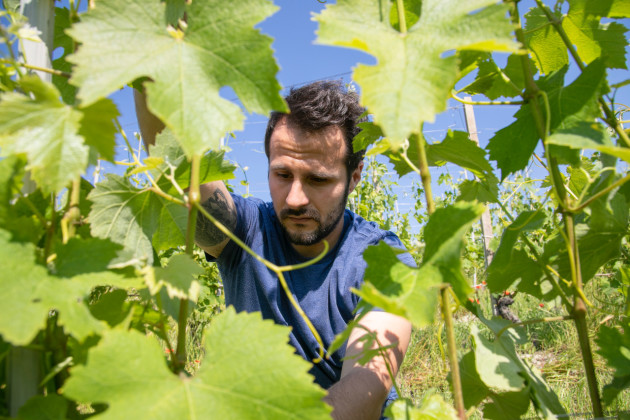
Global warming may require changes to Barolo irrigation laws
As Barolo grapples with the challenges of another extremely dry vintage in western Europe, one producer has called upon the authorities to act.
Oscar Arrivabene, winemaker and director of Domenico Clerico, told Harpers that the legal prohibition on irrigation was potentially at odds with the realities of a warming climate.
“Today, it is not possible to irrigate in our area,” said Arrivabene.
“However, it will probably be necessary in the future to create catchment basins for water, that can be used for agriculture, which to date had not been necessary.”
According to Arrivabene, the harvest in Piedmont started about eight days earlier than the average.
“We have managed the challenges of this very warm vintage by maintaining a thicker canopy, delaying to the post-veraison period defoliation (only targeted where strictly necessary) and significantly reducing topping in order to create a shaded 'umbrella' over the row itself,” he said.
Discussing the challenges of viticulture in such a warm and dry year, Arrivabene observed that “it is not a given that a hot vintage will produce higher alcohol wines; it may even have halted ripening for a few days, with slowed sugar accumulation.”
He added: “The most important thing for us is to have balance: tannins, acidity, structure and alcohol must work together as in an orchestra. But this will have to be checked after the winemaking is completed – we can just hope for the best.”




